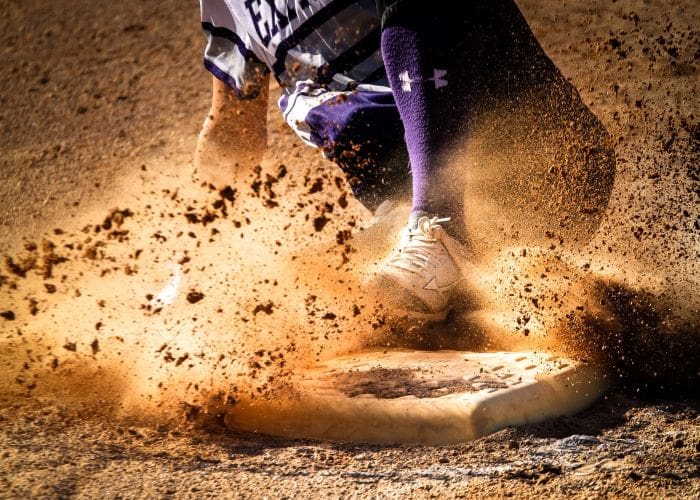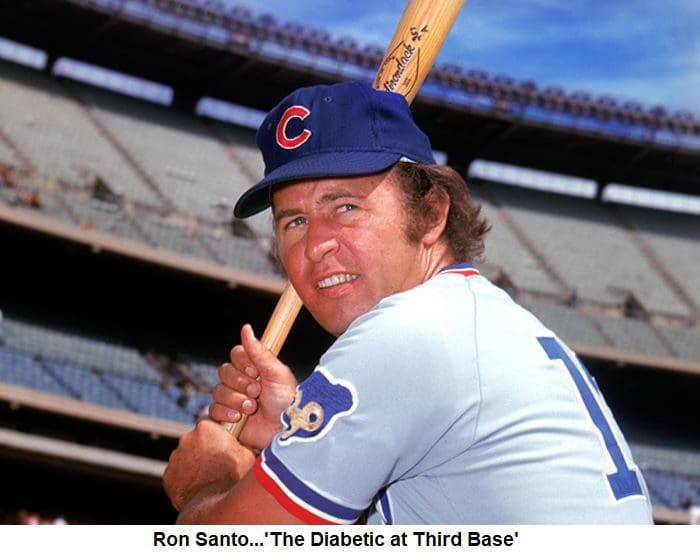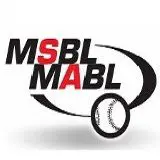Baseball and Diabetes: What You Need to Know About Playing After a Diagnosis

Submitted by Jennifer Davies, special to MSBL

Roughly 34.2 million Americans have diabetes. Despite it being such a common condition, many may not realize that a diabetes diagnosis doesn’t mean that you have to stop doing what you enjoy — especially when it comes to playing sports. With that in mind, here are a few things to keep in mind when planning to play baseball after being diagnosed with diabetes.
How diabetes affects baseball…Playing sports like baseball can be a great thing for those who experience diabetes, as staying active is an important element to staying healthy. There are some ways, however, that your diabetes could potentially affect your baseball playing. For instance, foot issues are common complications for many who have diabetes, which can bring chronic pain and make playing baseball uncomfortable due to frequent running and standing. However, there are ways to manage diabetic feet. For instance, wearing diabetic socks (which are meant to help increase blood flow) is one way that can help for those who experience sore, swollen feet, and can easily be worn when on the field.
The importance of proper nutrition…As an athlete with diabetes, it’s important to maintain good nutrition when planning to play baseball in order to avoid hypoglycemia, or low blood sugar, as it’s very easy to mistake the symptoms of hypoglycemia for simply getting a good workout or playing hard. Signs of low blood sugar include fatigue, feeling light-headed, shaky, and dizzy, and when left untreated can become very serious, making it extremely important to be able to identify.
In order to avoid hypoglycemia, it’s important to maintain proper nutrition such as eating when you’re supposed to (for instance, ensuring you have a good meal beforehand, or taking a break for a carbohydrate-filled snack during practice when needed). Monitoring your glucose levels before you exercise and keeping tabs on them is also very important, as you might not be okay to play if your levels aren’t ideal. Talking with your doctor beforehand can help you to figure out exactly what you need to do in terms of eating properly when planning to practice or play a good game.

Keeping your coach (and team) informed…Perhaps one of the most important things you can do after receiving a diagnosis of diabetes is to inform your coach and your team, as doing so could save your life in the event that things were to ever go wrong while out on the field. Letting them know that you need to monitor your glucose and keep up with your nutrition (such as by eating a snack when need be), as well as letting them know the seriousness of the condition and the signs of hypoglycemia can ensure that everyone is educated on the subject and understands when you might need a break. This can prevent you from experiencing hypoglycemia, and going too long without a needed break to keep your glucose levels in check.
Getting diagnosed with diabetes doesn’t mean you have to give up playing baseball, though there are some things you may need to do differently. By talking to your doctor, keeping your glucose levels in check, and maintaining proper nutrition, you can continue to play baseball without any issues.

